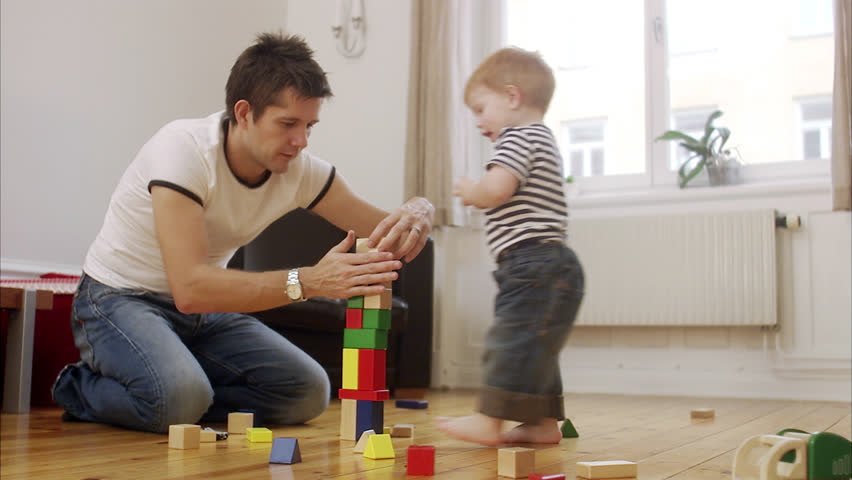
Children, like adults, enjoy attention. Children tend to continue a behavior that secures attention. Behavior that does not arouse a reaction or is ignored is likely to eventually fall by the wayside. The key to raising kids with who learn positive behavior is consistency in a parent’s reactions to their choices. Children who don’t receive positive reinforcement will act out in order to get some kind of attention. Parents should be proactive and engaging, demonstrating and rewarding the behaviors they want their children to learn.
Encourages and Reinforces Behavior
Rewarding positive behavior reinforces and encourages children to repeat the same behavior. The child will learn to do the things or demonstrate the behavior for which he receives positive feedback and avoid behavior that generates no rewards.
Develops Positive Habits
Rewarding positive behavior helps children develop little routines and rituals important to everyday life. Much of the quality of the child’s adult life is determined by habits learned as a child. Polite interaction with others; personal cleanliness; habits of hard work; and courteous interaction with authority figures are on the short list of personal habits children learn in the home that deeply influence their success and well-being as adults.
Changes Negative Behavior
Rewarding positive behavior can help bring about incremental changes to a child’s behavioral choices. Children rarely mature through their school-age years without being influenced by, and picking up, bad behaviors, and at some point, they may receive positive reinforcement or attention for doing the wrong things. When this happens, parents can re-teach children positive behavior by reinforcing positive choices and limiting any positive feedback they receive as a result of negative behaviors.
Creates a Positive Atmosphere
Rewarding positive behavior in the home creates a pleasant and enjoyable environment for both children and their parents. A home filled with positive reinforcement for good behavior, rather than dominated by punishment for bad behavior, is a home that provides children with an emotionally secure environment. A positive home environment helps children feel happier and more confident. Confident children are more likely to follow their parents’ direction, take pride in their achievements and develop social skills that will benefit them throughout their lives.
Distinguishing Misunderstanding, Lack of Training and Defiance
Parents and teachers must be able to distinguish children who misunderstand their instructions from those who are willfully defiant. Positive reinforcement works well to correct poor choices in the first category, but a child will not be positively reinforced out of willful defiance. Defiant children must be allowed to experience the logical, natural, negative consequences of their choices in order to learn to choose positive behavior over socially, physically or emotionally harmful paths.
Curated by Erbe
Source: https://education.gov.gy/
